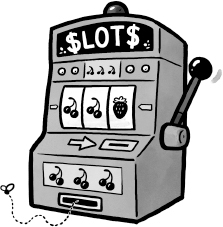Dan Ariely - Dollars and Sense: How We Misthink Money and How to Spend Smarter
Here you can read online Dan Ariely - Dollars and Sense: How We Misthink Money and How to Spend Smarter full text of the book (entire story) in english for free. Download pdf and epub, get meaning, cover and reviews about this ebook. year: 2017, publisher: Harper, genre: Romance novel. Description of the work, (preface) as well as reviews are available. Best literature library LitArk.com created for fans of good reading and offers a wide selection of genres:
Romance novel
Science fiction
Adventure
Detective
Science
History
Home and family
Prose
Art
Politics
Computer
Non-fiction
Religion
Business
Children
Humor
Choose a favorite category and find really read worthwhile books. Enjoy immersion in the world of imagination, feel the emotions of the characters or learn something new for yourself, make an fascinating discovery.
- Book:Dollars and Sense: How We Misthink Money and How to Spend Smarter
- Author:
- Publisher:Harper
- Genre:
- Year:2017
- Rating:3 / 5
- Favourites:Add to favourites
- Your mark:
Dollars and Sense: How We Misthink Money and How to Spend Smarter: summary, description and annotation
We offer to read an annotation, description, summary or preface (depends on what the author of the book "Dollars and Sense: How We Misthink Money and How to Spend Smarter" wrote himself). If you haven't found the necessary information about the book — write in the comments, we will try to find it.
- Why is paying for things painful?
- Why are we comfortable overpaying for something in the present just because weve overpaid for it in the past?
- Why is it easy to pay $4 for a soda on vacation, when we wouldnt spend more than $1 on that same soda at our local grocery store?
We think of money as numbers, values, and amounts, but when it comes down to it, when we actually use our money, we engage our hearts more than our heads. Emotions play a powerful role in shaping our financial behavior, often making us our own worst enemies as we try to save, access value, and spend responsibly. In Dollars and Sense, bestselling author and behavioral economist Dan Ariely teams up with financial comedian and writer Jeff Kreisler to challenge many of our most basic assumptions about the precarious relationship between our brains and our money. In doing so, they undermine many of personal finances most sacred beliefs and explain how we can override some of our own instincts to make better financial choices.
Exploring a wide range of everyday topicsfrom the lure of pain-free spending with credit cards to the pitfalls of household budgeting to the seductive power of holiday salesAriely and Kreisler demonstrate how our misplaced confidence in our spending habits frequently leads us astray, costing us more than we realize, whether its the real value of the time we spend driving forty-five minutes to save $10 or our inability to properly assess what the things we buy are actually worth. Together Ariely and Kreisler reveal the emotional forces working against us and how we can counteract them. Mixing case studies and anecdotes with concrete advice and lessons, they cut through the unconscious fears and desires driving our worst financial instincts and teach us how to improve our money habits.
The result not only reveals the rationale behind our most head-scratching financial choices but also offers clear guidance for navigating the treacherous financial landscape of the brain. Fascinating, engaging, funny, and essential, Dollars and Sense provides the practical tools we need to understand and improve our financial choices, save and spend smarter, and ultimately live better.
Dan Ariely: author's other books
Who wrote Dollars and Sense: How We Misthink Money and How to Spend Smarter? Find out the surname, the name of the author of the book and a list of all author's works by series.

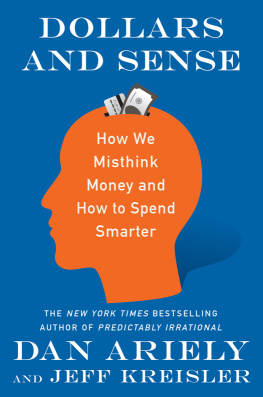
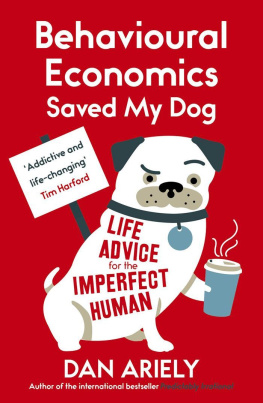
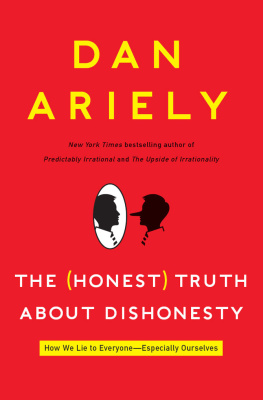
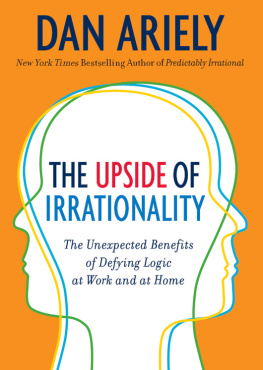
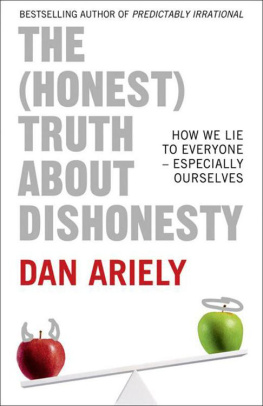
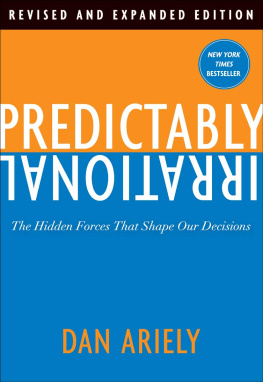
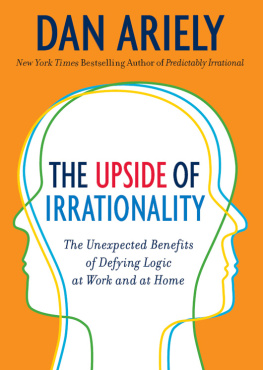

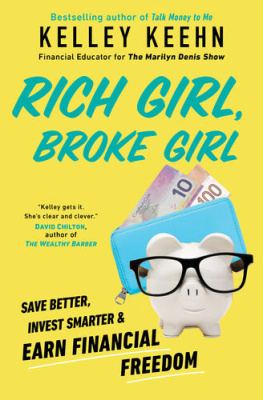

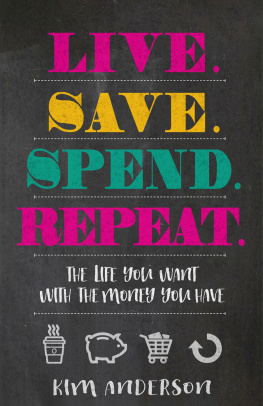
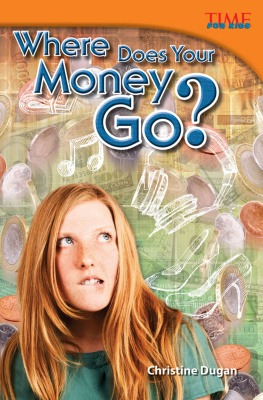
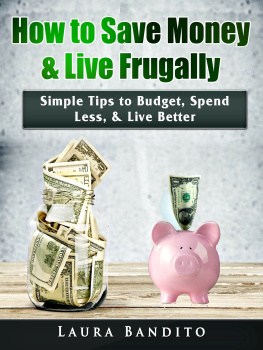
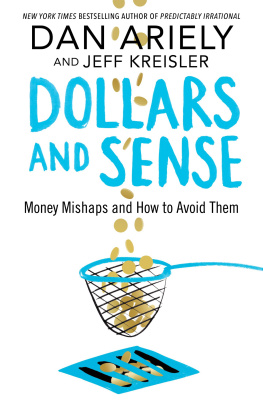
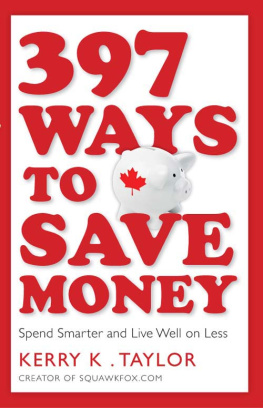
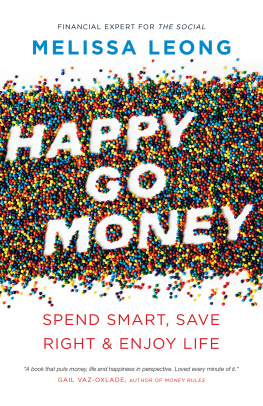
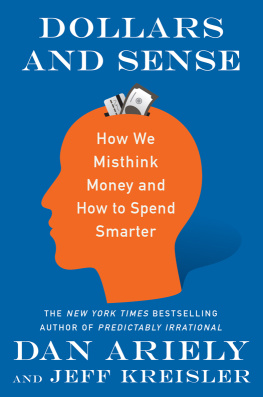
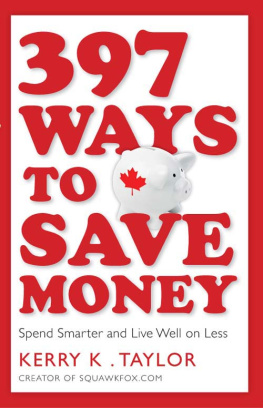
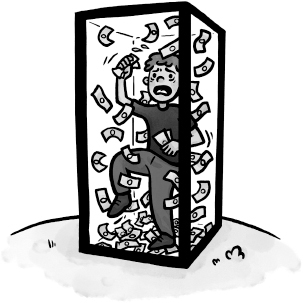
 Does it matter if we use credit cards or cash? We spend the same amount either way, right? Actually, studies show we are more willing to pay more when we use a credit card. We make bigger purchases and leave larger tips with credit cards. Were also more likely to underestimate or forget how much we spend whenyou guessed itusing the payment method we use most: a credit card.
Does it matter if we use credit cards or cash? We spend the same amount either way, right? Actually, studies show we are more willing to pay more when we use a credit card. We make bigger purchases and leave larger tips with credit cards. Were also more likely to underestimate or forget how much we spend whenyou guessed itusing the payment method we use most: a credit card.